Introducing Susanne Willekes
Susanne Willekes is the first certified sleep coach for children in the Netherlands, and she’s dedicated her life to helping families achieve a good night’s sleep. 👨👩👦
Sleep has always played an important role in Susanne’s life.
While she’s had trouble falling asleep herself, it’s only when she became a mother that she realised just how significant sleep problems could be - not just for children but for their families as well.

Her oldest son was plagued by sleep problems during the first year and a half of his life, sleeping little and crying a lot.
“This [sleep disturbance] affects your physical and mental health, your relationships, and your work,” says Susanne.
It was still a few years before Susanne took the first steps to train as a sleep coach, but her son’s sleep problems already planted a seed that would grow into a valuable profession.
How did Susanne become a sleep coach?
After completing a degree in law, Susanne worked in the fashion and media industries.
But she wanted to do more to help people and eventually came across the concept of a sleep coach for children - a profession that was still unfamiliar in the Netherlands at the time.
"I truly believed that it could become something in the Netherlands”, she says - and she was right.
Sleep coaching for children is now a vibrant industry.
Training to become a sleep coach for children
Susanne consciously chose to follow the Gentle Sleep Solution [2], used by America’s "Sleep Lady" Kim West.
This scientifically proven gentle sleep training method moves away from the idea that you should just let babies who sleep poorly "cry it out”.
Kim West's Gentle Sleep Method is a leading and comprehensive coaching programme, which was very important for Susanne.
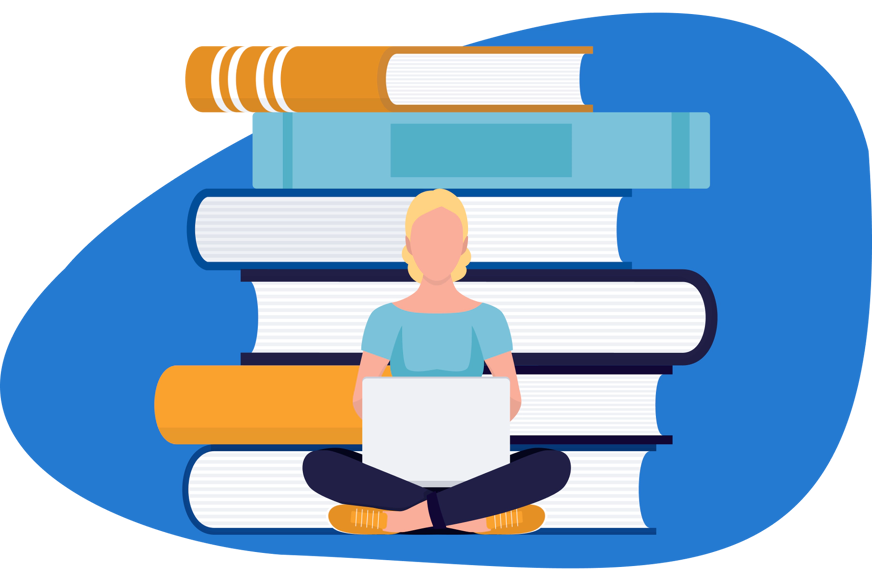
"When you work with children and babies, you have to be very good at what you do,” says Susanne.
The first certified sleep coach for children in the Netherlands
After successfully completing her training, Susanne started her own private practice - and has moved from strength to strength ever since. 💪
Since she first started in the industry, she’s written two books, developed a baby tracker app called Sleepeez [3] with her husband, given lectures and workshops, and added a significant number of coaches to her team.
What is a sleep coach for children?
A sleep coach for children is a professional who helps parents and children create healthy sleep habits.
A good sleep coach provides support for a variety of sleep problems, such as waking up frequently and having difficulty falling asleep.
In general, a distinction is made between two types of sleep problems:
- Sleep problems with underlying medical causes
- Behavioural sleep problems
Susanne only works with families whose children have behavioural sleep problems. ⭐️

In the few cases where she suspects an underlying medical issue, she immediately refers her clients to a doctor or other professional.
Affecting lives and making a difference
Susanne’s work as a child sleep coach has been instrumental in providing support to families struggling with their children’s sleep.
By offering her expertise, she helps families tackle these issues, improving both the child's and their parents' quality of life.
Susanne has noticed that there's increasing attention within healthcare for sleep problems in babies and children - even when the problems do not have a medical cause. 🩺
Fortunately, rising awareness of sleep problems and the work of sleep coaches for children is gradually reducing the stigma surrounding sleep issues in children.
Sleep coaching in practice: How does Susanne work?
As each child is unique, there is no one-size-fits-all method when it comes to sleep coaching.
Susanne ensures that parents are well-prepared for guidance by using a detailed intake form and requesting that they observe their child's sleep for three days.
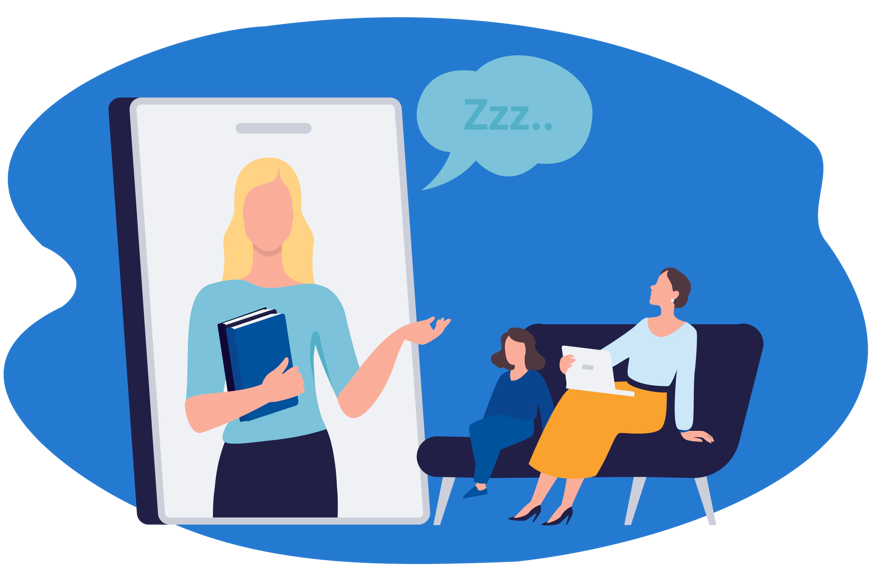
This information helps her perform a thorough analysis, which she uses to create a personalised step-by-step plan that fits the child's needs. 📝
A typical coaching trajectory with Susanne lasts for about two to three weeks.
During this period, the focus is on eliminating existing sleep associations, improving sleep quality, and enabling the child to fall asleep more easily.
Developing the right sleep skills
Falling asleep and staying asleep through the night are learned behaviours that require practice.
A proper sleep schedule is crucial, but it's only one aspect of developing healthy sleep habits.
Learning good sleep skills is also crucial.
Susanne believes that when children learn to fall asleep on their own, without the presence of parents, they can return to sleep independently at night.
This self-regulating sleep is a healthy basis for later in life. ✨
By helping children learn how to fall asleep independently, Susanne's coaching programme provides a foundation for developing healthy sleep habits and skills that will benefit children throughout their lives.
The biggest misconceptions about sleep in children
Although there is increasing openness about sleep problems in babies and children, many parents still believe that these problems are just part of the deal.
As a result, they often turn to Susanne as a last resort.
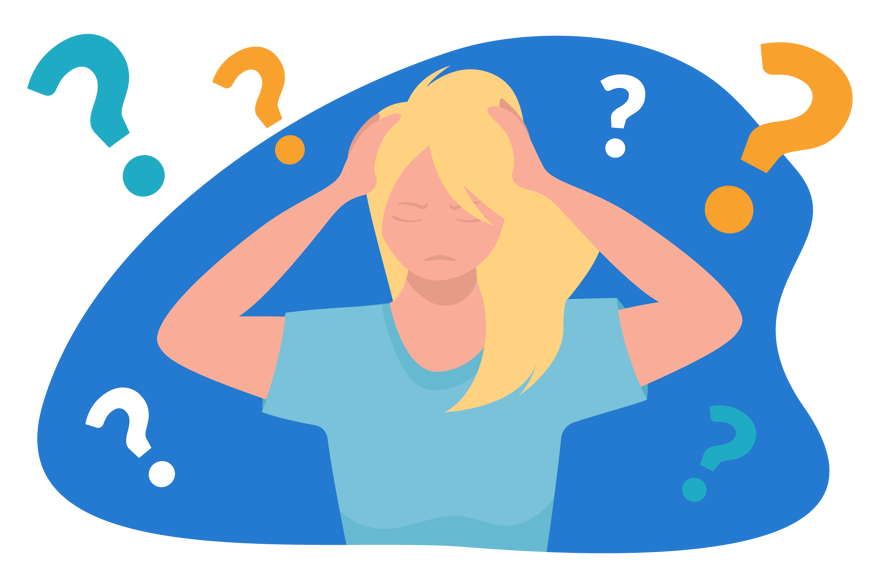
We asked Susanne about some of the most common misconceptions she encounters in her coaching practice.
- Misconception 1: Parents often believe that a later bedtime results in a later wake-up time. However, the opposite is often true. The later a child goes to bed, the earlier they will wake up in the morning.
- Misconception 2: Parents often think that reducing their child's daytime naps will help them sleep better at night because they will be tired. However, Susanne says that insufficient sleep during the day can cause the body to produce cortisol, a stress-related hormone. Fatigue or over-fatigue can make sleep problems worse. The better rested the child is, the better they sleep.
- Misconception 3: Many parents believe that giving their baby a bottle (or heavy porridge) in the evening will help them sleep. However, this can be counterproductive because the child may experience cramps.
It’s normal for children to wake up during the night.
Young children have a sleep cycle of only 45 minutes, and become fully or partially awake towards the end of this cycle. ⏰
But if children become dependent on their parents to fall asleep again during the day, they will rely on this to fall asleep in the middle of the night.
For example, if you keep putting your baby’s pacifier back into their mouth whenever they wake up, the child will expect you to do the same at night.
In this way, sleep associations become a problem.
Understanding sleep regression
Many parents dread sleep regression [5], but this is a normal part of growing up.
Just like with physical growth, brain growth doesn’t really happen gradually. 🧠
Rather, young children experience growth in leaps.
At these times, sleeping can become more difficult - and daytime sleep is often affected.
For example, daytime sleep can suffer when children learn a new motor skill (like rolling, crawling, standing, or taking one’s first steps).

Susanne explains: “A lot happens in a child’s development, and this can certainly be a more restless phase. But how the phases progress and how intense they are depends on the child.”
Your child’s changing sleeping patterns are all part of the process. 😅
Susceptibility to sleep problems
Babies can be full of personality, and it’s interesting to note whether or not certain personality traits make a child more susceptible to sleep problems. 😮
In her practice, Susanne has come across many sensitive, temperamental, or overly alert babies, leading to multiple observations:
- Temperamental babies and young children often scream loudly and are full of energy (at a young age and later in life).
- Children more sensitive to stimuli have a harder time calming down.
- Both alert and overly sensitive children have difficulty blocking out the outside world and relaxing into sleep. A barking dog or even a creaking door can be enough to wake them.
Being aware of a child’s character and personality traits can help Susanne in her coaching.
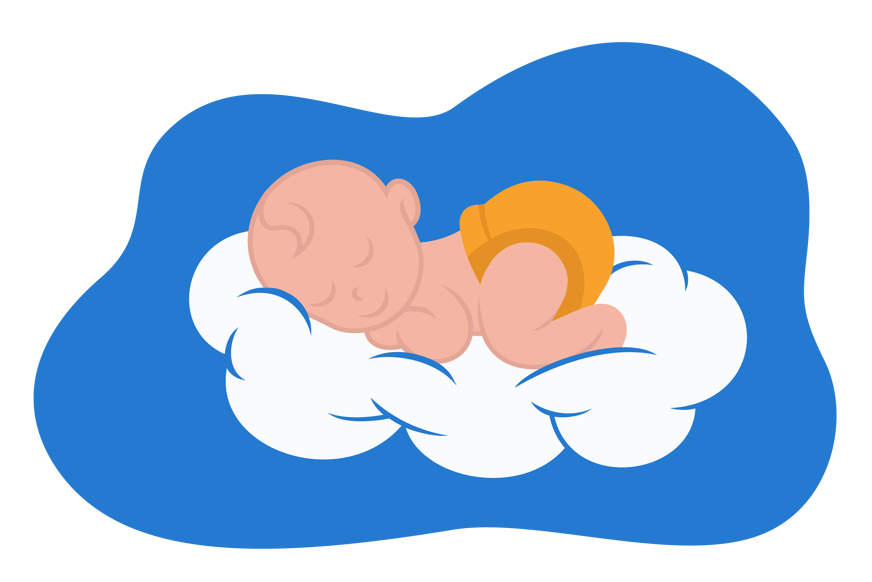
For example, she may recommend a bath to help more sensitive children switch off, aiding them in falling asleep more quickly. 🛁
Which sleeping products for babies does Susanne recommend?
Despite attractive marketing claims, Susanne advises against side-sleeping pillows, baby nests, and crib bumpers. 🚫
These are not entirely safe to use - and even banned in America for children under one.
Susanne's must-have products would include the following:
- A 4-season baby sleeping bag can be great for children up to the age of 2 and a half or three.
- A safe, breathable, and well-fitting cot mattress is crucial for good sleep.
- A cot that meets safety regulations will help you and your baby sleep well.
- Keeping your child on a separate sleeping surface is a must for safety and comfort.
Look at a few Sleep Hero favourites below:
The future of sleep coaching for children
Sleep coaching has become more and more popular but, unfortunately, it is not a regulated profession.
This means that many people can start calling themselves sleep coaches without proper training. 😳
Susanne is actively working against this, striving to maintain the quality of her field, working on regulations, and choosing reputable training courses for advanced personal and career development.
But it also means you need to be extra careful in selecting the right sleep coach for your child, and pay attention to qualifications and experience.
Susanne Willekes and Sleep Hero
We are very proud of our collaboration with Susanne, and the knowledge and experience she adds to the Sleep Hero team.
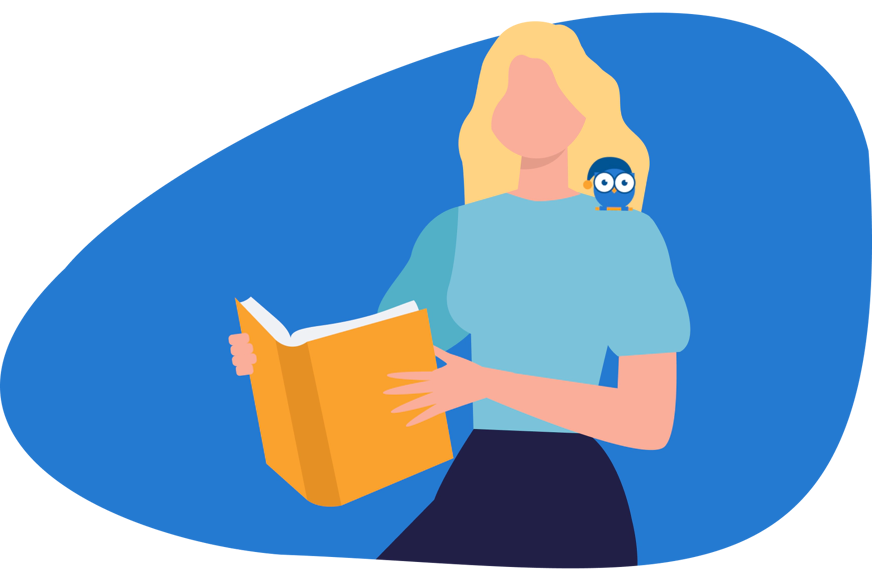
With her by our side, we can further assist you in achieving the best sleep environment for your little one, and we look forward to tons of new baby-related content.
You may be interested in some of our other expert interviews:
- Micro-nutritionist Muriel Bouquier Ouziel talks about diet and sleep.
- Sleep coach Björn Steinbrink talks about sleep quality.
- Sleep therapist Andrew Green shares more on CBT-I.
Check back often or browse our blog for more. 🥳
Contact Susanne Willekes
Contact: To contact Susanne directly for questions or coaching, please e-mail her at susanne@sleepagency.com, call +31 (0)64 545 2647, or check out her sleep coaching practice, The Sleep Agency [1]. You can also visit The Sleep Agency on Instagram.
Office: The Sleep Agency, De Lairessestraat 52 Huis, 1071 PC Amsterdam, Netherlands
Table of Contents
How did Susanne become a sleep coach?
What is a sleep coach for children?
Sleep coaching in practice: How does Susanne work?
The biggest misconceptions about sleep in children
Understanding sleep regression
Susceptibility to sleep problems
Which sleeping products for babies does Susanne recommend?
The future of sleep coaching for children







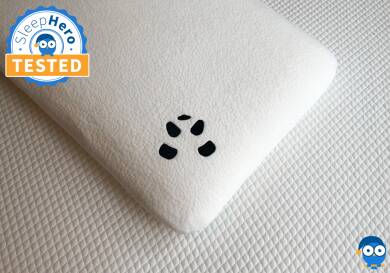



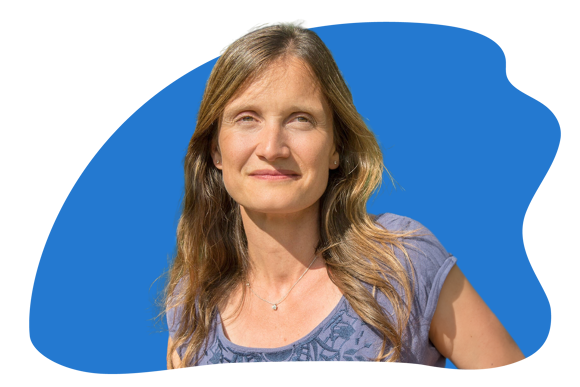
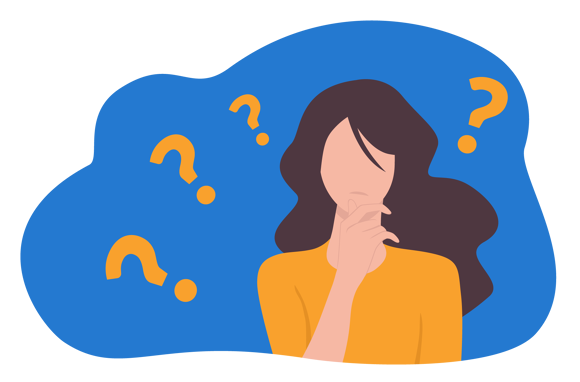
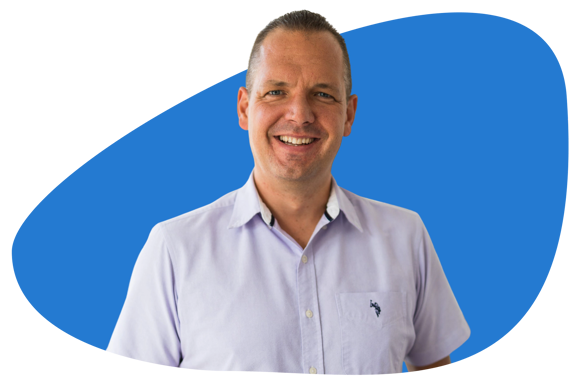


Alternatively, message us directly via the Contact Us page.